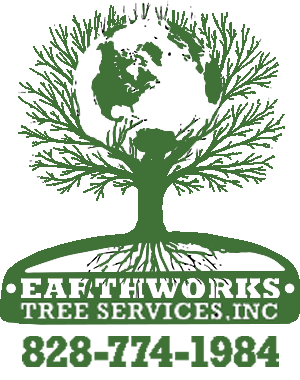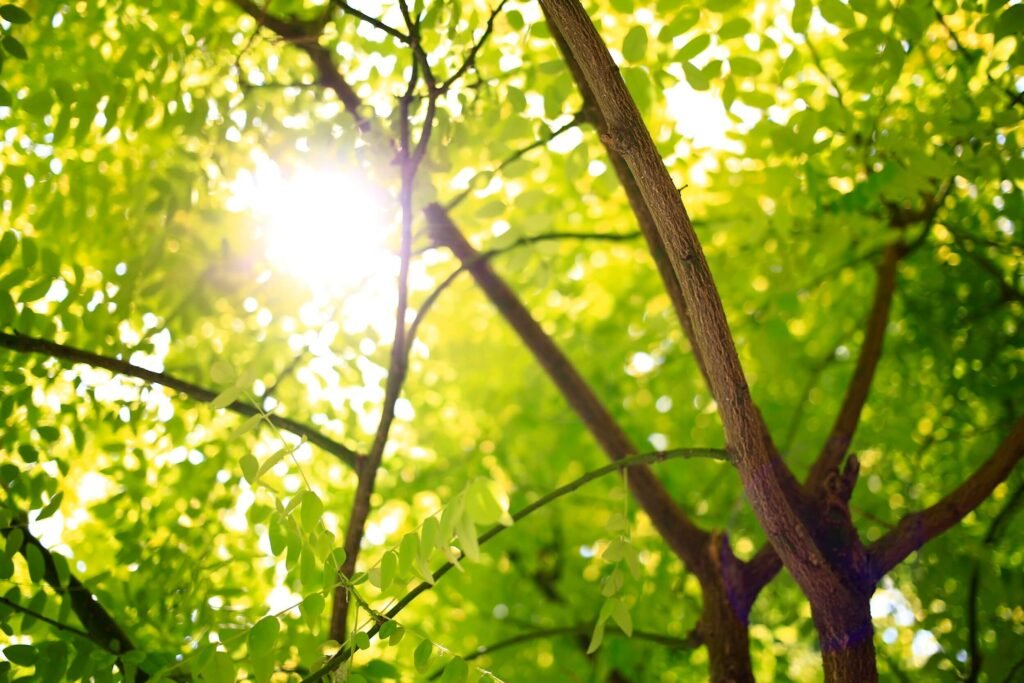It’s a sunny Saturday morning, and I’m staring up into the gnarled branches of my beloved oak tree, the same one that has been standing guard in my backyard since before my grandparents bought the house. You see, I’ve always been captivated by trees – their silent strength, their ancient wisdom, the endless tales they’d tell if only they could talk. I remember a summer afternoon, a good few decades ago, when my grandfather would sit me down under this very oak, a homemade lemonade in hand, whispering stories of how the tree came to be, nourished by time and love.
But today, the sight of the oak fills me with worry rather than nostalgia. It’s been acting odd – if you can say that about a tree. Its leaves are turning a tad yellow, and a couple of the branches seem to droop more than usual. And as I look at it, I realize it’s about time for a check-up. No, not for me, for the oak. Enter the lifesavers of the arboreal world – certified arborists.
You see, arborists are like the Sherlock Holmes of the tree universe, who perform this rather marvelous thing called a Tree Risk Assessment (TRA). Think of it as a doctor’s check-up but for trees, involving a thorough examination to determine if they pose any risk of failing. It’s like a tree detective story – the arborist examines the tree, notes down all the clues in a Basic Tree Risk Assessment Form, and finally reveals the verdict in a detailed report.
You might be asking, why is a tree check-up so important? Well, trees are a bit like our furry friends or the adorable toddlers in our lives. They require constant attention, a bit of TLC, and routine health check-ups. You might remember the shade tree from your childhood that felt like a protective umbrella on those sunny afternoons. Imagine losing that tree. Breaks your heart, doesn’t it? That’s precisely why a tree risk assessment is so important. It’s not just about maintaining a pretty yard or preventing your tree from collapsing on your neighbor’s shiny new car. It’s about preserving our memories and safeguarding our beautiful planet.
So how often should you have your trees assessed? I often wonder about the age of our trusty old oak tree, with its branches reaching out like a wise, old sage, carrying stories of countless summers and winters. Well, depending on the age and size, trees should be assessed every three years. Also, if your tree has recently been through a storm or if you notice any unusual signs like yellowing leaves or insect damage, it’s time to get Sherlock on the line.
And who’s this Sherlock, you ask? It’s none other than a TRAQ Certified Arborist, an expert who’s not just been through rigorous training but also aced a 100-question test and a hands-on exam. They are skilled in analyzing everything from the tree’s species, weight, and overall structure to wind forces and soil conditions.
In Buncoumbe County, we have our very own tree whisperers – the TRAQ certified arborists at Earthworks Tree Services. They’ve been lovingly taking care of our leafy friends for over 25 years, ensuring that each tree, shrub, and plant thrives all year round.
And so, as I sit under my treasured oak, worry replaced by reassurance, I am reminded once again of the important role these magnificent beings play in our lives. I invite you to join me in keeping our trees – our collective heritage – healthy and beautiful for generations to come. To reach out to Vintage Tree Care, just dial (828) 547-3469 to learn more about their services.

